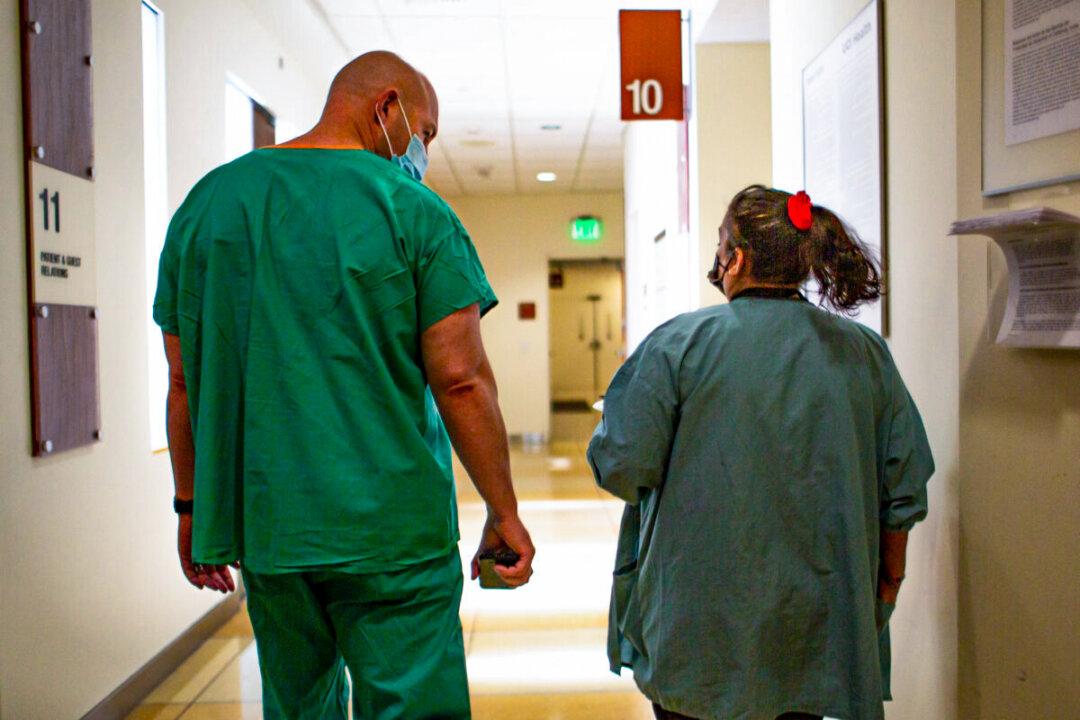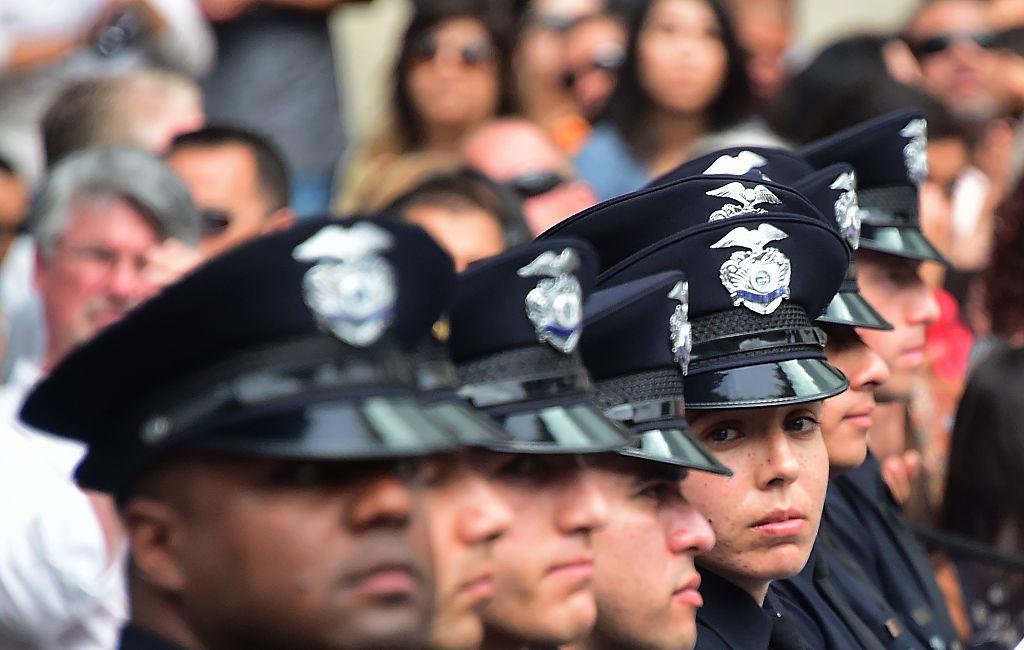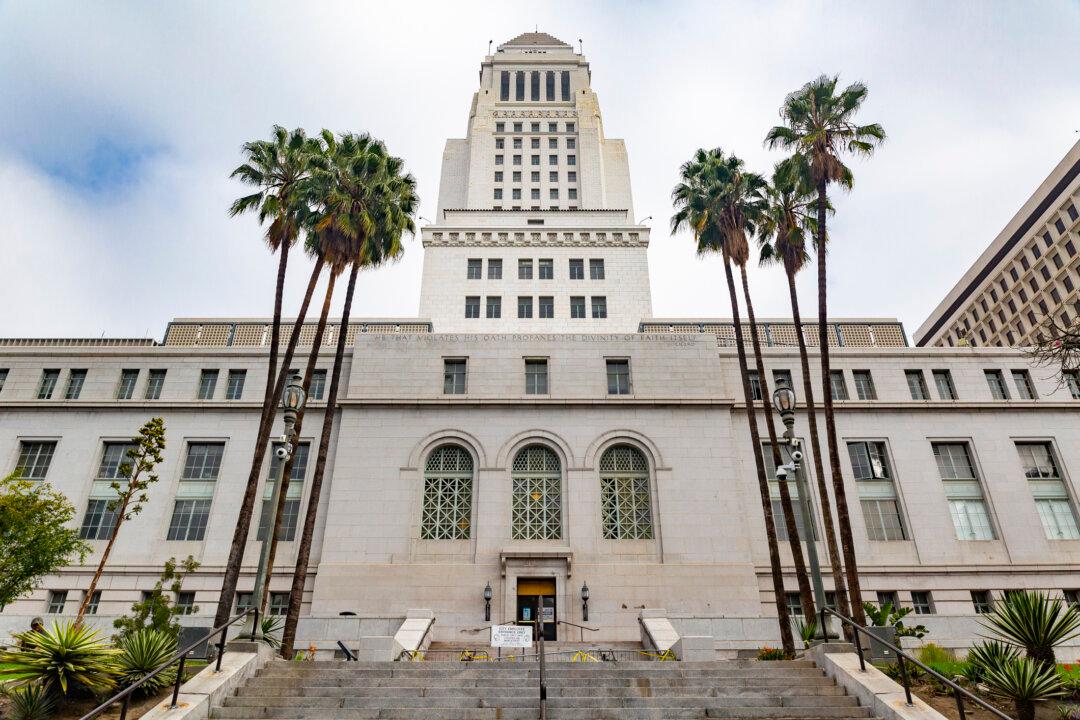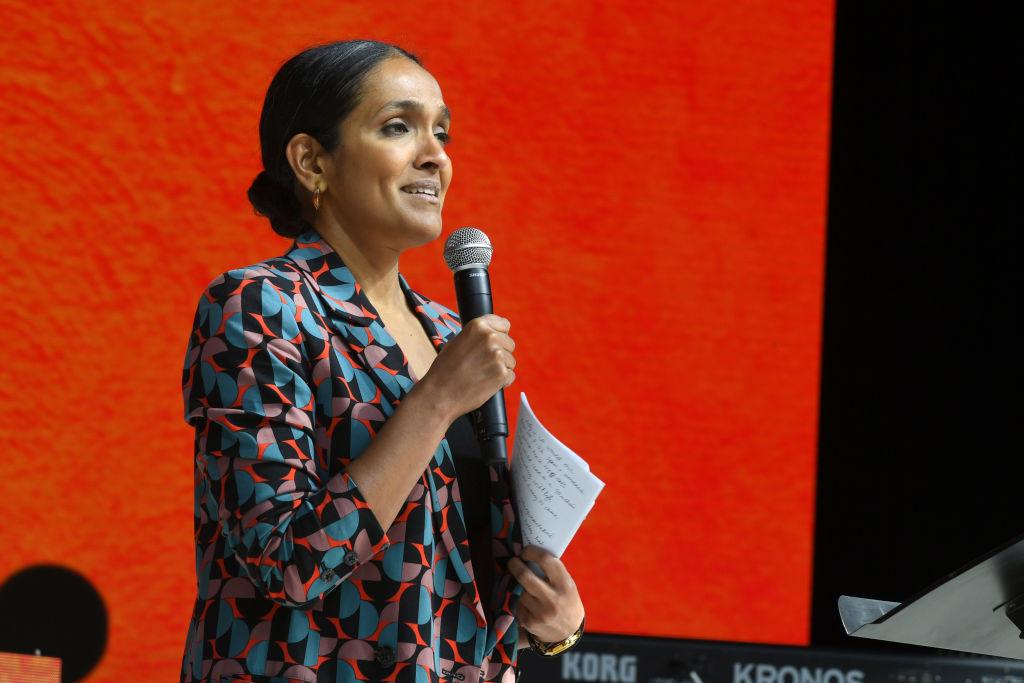SACRAMENTO, Calif.—The Progressive Caucus of the California Democratic Party is threatening to withdraw endorsements for any assemblymembers who vote against the single-payer health care bill on Jan. 31, according to an email sent out by the party this week.
“What we’ve made clear to our delegates is that if an assembly member is going to vote against the party’s values, and vote against what is endorsed by the California Labor Federation, and what is supported by the majority of Californians, then they don’t deserve endorsement because they don’t believe in the values of the California Democratic Party,” Progressive Caucus Chairman and California Democratic Party Executive Board Member Amar Shergill told The Epoch Times.





